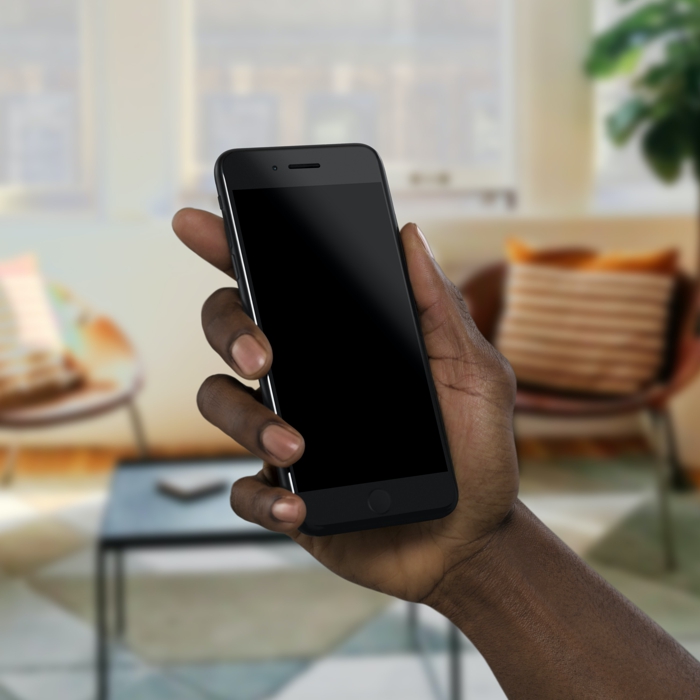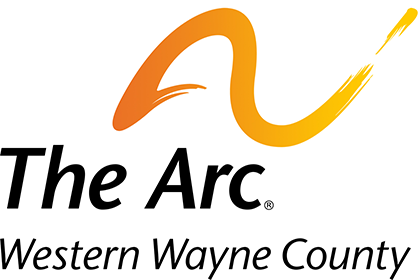Helpline Resource
Online and Automated Telephone Service
What are Sleep Disorders?
There are many types of sleep disorders. Some of the most common include:
Sleep Apnea which is an obstruction in the airways that make a person unable to breathe for up to ten seconds. A person with sleep apnea awakes frequently during the night, sometimes as many as 100 times per night.
Insomnia is the inability to fall asleep. People with insomnia wake frequently during the night and have trouble falling back to sleep. It can be caused by the sleep environment, stress or medications.
Tingling or pain in the legs that is relieved only by moving the leg is called restless legs syndrome. The condition worsens when a person sits or lies down and it often intensifies at night.
Falling asleep uncontrollably during the day is called narcolepsy. People with narcolepsy usually have several attacks of sudden drowsiness throughout the day.
If you would like more information on Sleep Disorders, contact the National Center on Sleep Disorder Research at 301-435-0199, or visit them online at www.nhlbi.nih.gov/about/ncsdr.
Phone code: 1736
Sleep Apnea which is an obstruction in the airways that make a person unable to breathe for up to ten seconds. A person with sleep apnea awakes frequently during the night, sometimes as many as 100 times per night.
Insomnia is the inability to fall asleep. People with insomnia wake frequently during the night and have trouble falling back to sleep. It can be caused by the sleep environment, stress or medications.
Tingling or pain in the legs that is relieved only by moving the leg is called restless legs syndrome. The condition worsens when a person sits or lies down and it often intensifies at night.
Falling asleep uncontrollably during the day is called narcolepsy. People with narcolepsy usually have several attacks of sudden drowsiness throughout the day.
If you would like more information on Sleep Disorders, contact the National Center on Sleep Disorder Research at 301-435-0199, or visit them online at www.nhlbi.nih.gov/about/ncsdr.
Phone code: 1736


